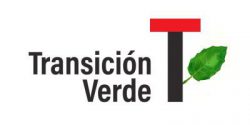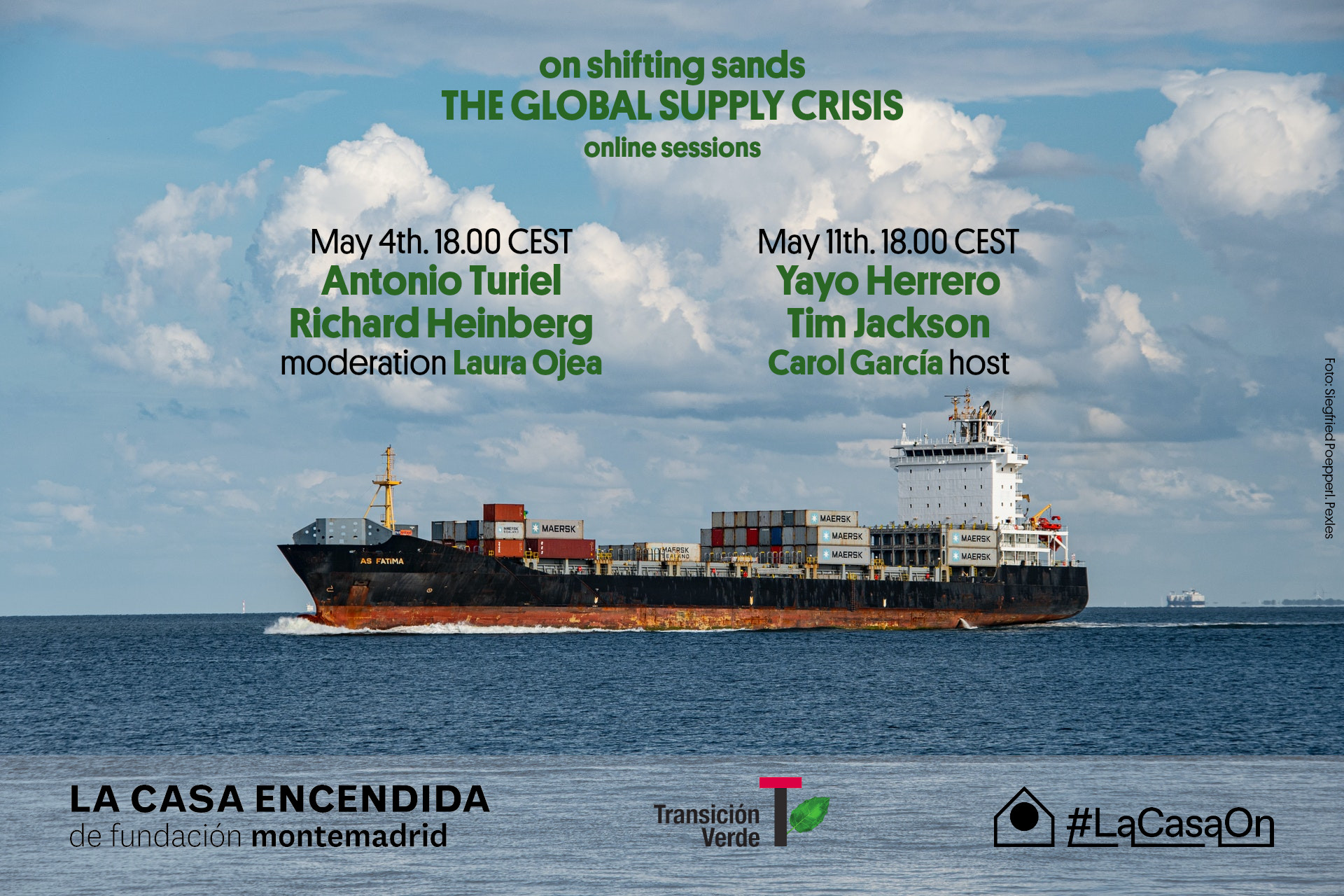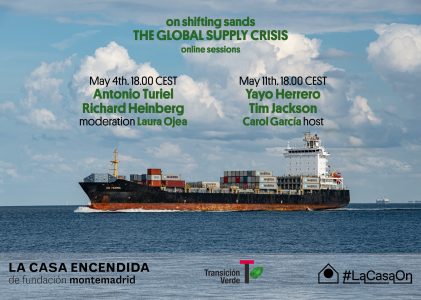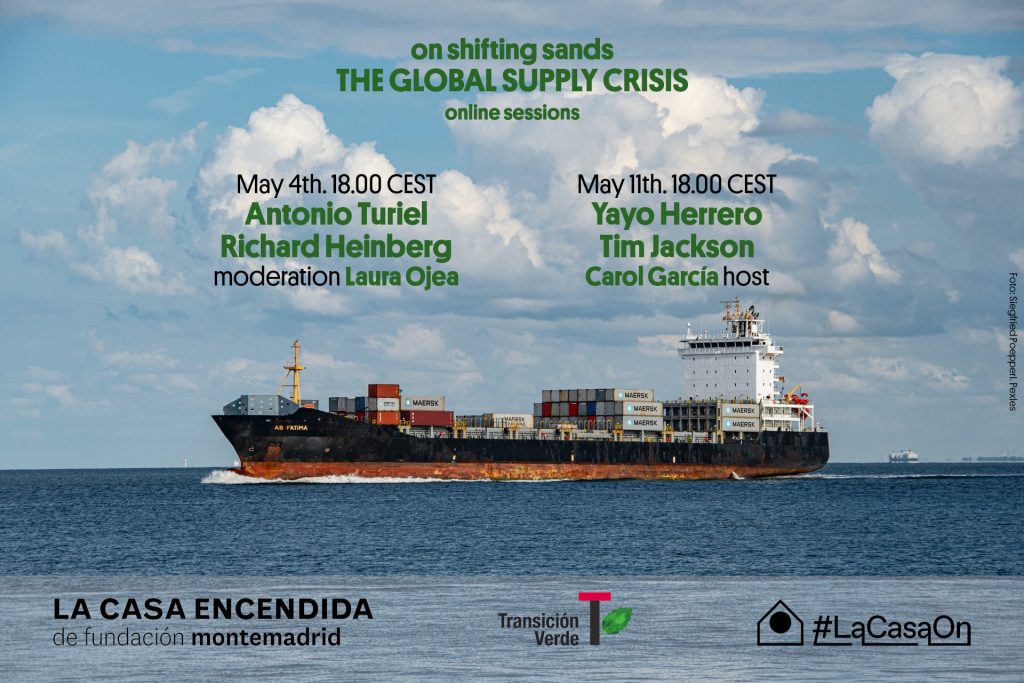We are currently witnessing a global supply crisis that will undoubtedly be aggravated by the Russian invasion of Ukraine: microchips, glass bottles, cardboard packaging, plastics, fibreglass, resins, aluminium,… At the same time, and closely linked to this, the rise in energy prices has led to the shutdown of the main fertiliser factories. Added to this is the slowdown in global transport, with freight rates rising by 1000% and a shortage of stevedores and lorry drivers.
Although this situation is attributed in the media to COVID-19 restrictions on economic activity, even before the pandemic we were witnessing a slowdown in the economy. Although it has entailed the acceleration of certain processes such as disinvestment in the search for new oil fields due to the higher costs involved and their lower profitability.
Other voices, however, link it to the end of the cheap resources on which the current economy has been built and which have allowed continuous growth in terms of GDP. A system with less availability of cheap, quality energy cannot continue to grow. On the other hand, the concentration of minerals – particularly metals – is lower, so their exploitation entails higher costs as they require more energy. We are witnessing the collide with the limits of the planet that ecological economics has been warning about.
The degrowth proposed by many studies is being produced by physical impositions. The dilemma is whether doing it in a planned, fair and equitable way or to let ourselves be carried away by the drift and collapse of the current system.
Online Sessions
— — —
Simultaneous translation (Spanish-English) will be available
4th May, 18:00 CEST
The supply chain crisis: cyclical or systemic?
- Antonio Turiel
Spanish scientist with a degree in Physics and Mathematics and a PhD in Theoretical Physics, expert in energy resources and researcher at the Sea Sciences Institute of the Spanish National Research Council (CSIC). He is well known for his scientific dissemination through conferences and articles and his blog The Oil Crash, in which he analyses the situation of fossil fuels and their possible consequences on a global scale for the economy and society. He is the author of Petrocalipsis (2020) and co-author of El otoño de la civilización (2021). - Richard Heinberg
Senior Fellow of the Post Carbon Institute, he is considered one of the leading advocates of the need to move away from our current dependence on fossil fuels. He is the author of numerous essays and books including some of the most important works on the current energy and environmental sustainability crisis. The most recent is Power: Limits and Prospects for Human Survival. He has appeared in numerous film and television documentaries, including 11th Hour, co-written by Leonardo DiCaprio. - Moderator: Laura Ojea
Energy and Sustainability Editor at El Español-Invertia
Register for this session
— — —
11th May, 18:00 CEST
Building post-growth: A dialogue between Yayo Herrero and Tim Jackson
- Yayo Herrero
Is a Spanish anthropologist, technical engineer, social educator, teacher and ecofeminist activist and one of the most influential European researchers in the ecofeminist and ecosocialist field. She has been state coordinator of Ecologistas en Acción and director general of FUHEM. She is currently professor of the Unesco Chair in Environmental Education and Sustainable Development at the UNED. She collaborates with various media such as eldiario.es. She is the author and co-author of numerous books such as La vida en el centro and La gran encrucijada. - Tim Jackson
Is an ecological economist and writer. Since 2016 he has been Director of the Centre for the Understanding of Sustainable Prosperity (CUSP), centre which aims to understand the economic, social and political dimensions of sustainable prosperity. He has been at the forefront of international debates on sustainability for 30 years, working with the UK Government, the United Nations and the European Commission. Since 2018, he is Commissioner on the UK Food, Farming and Countryside Commission. He has written numerous books, including the acclaimed Prosperity without Growth (2009). His most recent publication is Post Growth. Life after Capitalism (2021). - Host: Cárol García
Journalist and member of the Board of Trustees of the Transición Verde Foundation



